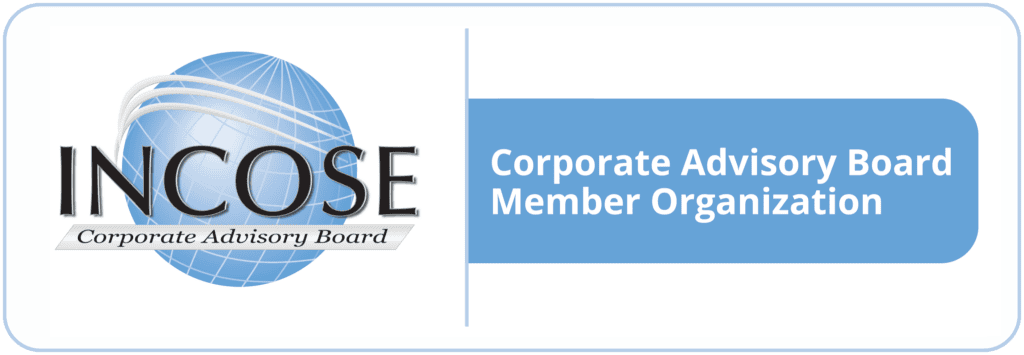Home » Training » Requirements & Specifications Training Courses » Specification Writing
Specification Writing
Learn in depth and practice via this 2-day course how to convert requirements information into effective requirements specifications.
- 2 Days
- Corporate Delivery (In-person or online)
- Certificate upon completion
- Professional Development Credits
Get Started Today
Register your interest now.
Let's Talk
Whether you have a question or are looking to find out more about our training options then please get in touch with us below.
- Summary
- Course Overview
- Course Outline
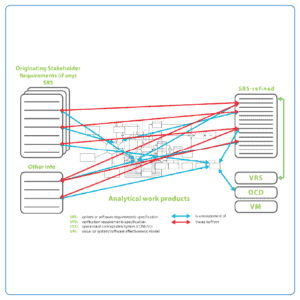 The two-day Specification Writing course provides detailed instructions on the conversion of requirements into highly effective requirements specifications. Issues of structure (organization of information) and the use of (English) language throughout a requirements specification are examined in considerable detail. Public domain specification standards are overviewed and compared. High quality templates/guides are provided for the specification of systems, software, interfaces and services, respectively, with examples.
The two-day Specification Writing course provides detailed instructions on the conversion of requirements into highly effective requirements specifications. Issues of structure (organization of information) and the use of (English) language throughout a requirements specification are examined in considerable detail. Public domain specification standards are overviewed and compared. High quality templates/guides are provided for the specification of systems, software, interfaces and services, respectively, with examples.
- This course may be credited toward the maintenance of the INCOSE Certified Systems Engineering Professional (CSEP) certification for 16 Professional Development Units and PDUs may be claimed for PMI’s family of certifications, including PMP
- This course qualifies for Engineers Australia and Engineering New Zealand (IPENZ) CPD purposes (16 hours)
- This course may qualify for CPD, CLP and similar purposes with other organizations (16 instructor hours)
- This course may be credited toward the maintenance of the Project Management Institute (PMI) certifications. Suggested PMI Talent Triangle® PDU allocation:
- Ways of Working – 16
Let’s Talk
Whether you have a question or are looking to find out more about our training options then please get in touch with us below.
Key Learning Objectives
At the conclusion of this course, participants are expected to:
- have the knowledge and understanding of the principles of writing good requirements in English, including many specific language issues
- an understanding of how to effectively structure requirements specifications
On-the-job experience and ongoing learning will be supported by extensive course resources.
Training Method and Materials
This course provides detailed instructions on the conversion of requirements into highly effective requirements specifications. Issues of structure (organization of information) and the use of (English) language throughout a requirements specification are examined in considerable detail. Public domain specification standards are overviewed and compared. High quality templates/guides are provided for the specification of systems, software, interfaces and services, respectively, with examples.
This course is strongly activity oriented throughout. The techniques of specification writing, which are taught have been used to great effect in scenarios, which include acquisition, supply, product definition (both hardware and software), enterprise internal projects, business analysis and engineering projects of diverse types, large and small.
Each participant will be provided with:
- comprehensive course notes
- a workbook containing workshop exercises
- workshop model solutions
- checklists, forms and charts which you can use immediately in your projects
- complimentary access to PPI’s evolving Systems Engineering Goldmine
Who Should Attend this Course?
Specification Writing is designed for acquirer, supplier and developer personnel who, in any capacity, deal with requirements.
Do you Offer Tailoring of this Course?
Yes. All courses are tailored informally verbally in delivery by selecting, where possible, examples matched to the domains of interest to the class. We can also work with you to design a formally customized curriculum for the development of your people. We have done so for many client companies, and we would love to work with you to this end. We always suggest that a client takes the corresponding standard course prior to any customization. For systems engineering, this is because systems engineering is the problem-independent and solution technology-independent principles and supporting methods for the engineering of systems, based on systems thinking. So the objectives of customization need to be very clear and focused on adding further value. In practice, customization, if performed, usually becomes the replacement of examples and possibly the main workshop system with domain-specific equivalents. Substitution of the workshop system usually involves substantial redevelopment of courseware. Out of necessity, formal tailoring of courseware is performed on a fee basis.
1. Preparing for Transformation of Requirements into Requirements Specifications
- what is a requirements specification?
- how requirements specifications relate to requirements
- how requirements specifications relate to configuration baselines
- preparing for the transition from requirements to requirements specification
- using a requirements database to automate requirements specification production
2. Requirements Flowdown into System Element Requirements Specifications
- the specification tree
- special considerations for interface requirements
3. Requirements Specification Types
- types of requirements specification
- IEEE specification standards
- US Military and other international specification standards
- score sheet for public domain specification standards
4. Structuring your Requirements Specification
- what to put in your system requirements specification, the statement of work (or equivalent) and the conditions of contract
- workshop – allocating requirements to solicitation documents
- structuring a statement of work
- structuring a system requirements specification
- dealing with variants
- workshop – writing a scope section to deal with variants
- states and modes
- workshop – structuring a specification to deal with states, modes and functions
- functional versus design oriented specifications
- differences
- when to use each type
- function and performance
- workshop – classifying specified requirements as functional or design
- workshop – writing a functionally-oriented requirements specification
- workshop – writing a design-oriented requirements specification
- other requirements types
- annexes, appendices and applicable documents
5. Requirements Specification Writing
- review of requirements quality
- requirement structural template
- workshop – writing requirements using the parsing template
- requirements constructs
- shall, should, will, and may
- linking
- cross-referencing
- workshop – using precedence
- defining terms
- workshop – defining terms
- context dependence
- reference to applicable documents
- use of precedence
- workshop – linking and cross-referencing
- using success criteria to express otherwise vague requirements
- workshop – using success criteria
- workshop – a requirement specification in a sentence
- paragraph headings
- use of supporting data
- mission profiles/use cases
- baseline designs
- benchmarks
- linking the specification to the statement of work or conditions of contract
- verification specifications
- optional workshop – evaluation of example specifications
6. In Closing
- additional reference material
Featured Course Reviews

Great material and the knowledge of the presenter. The course provided very valuable information that will be put to use immediately.
Anthony
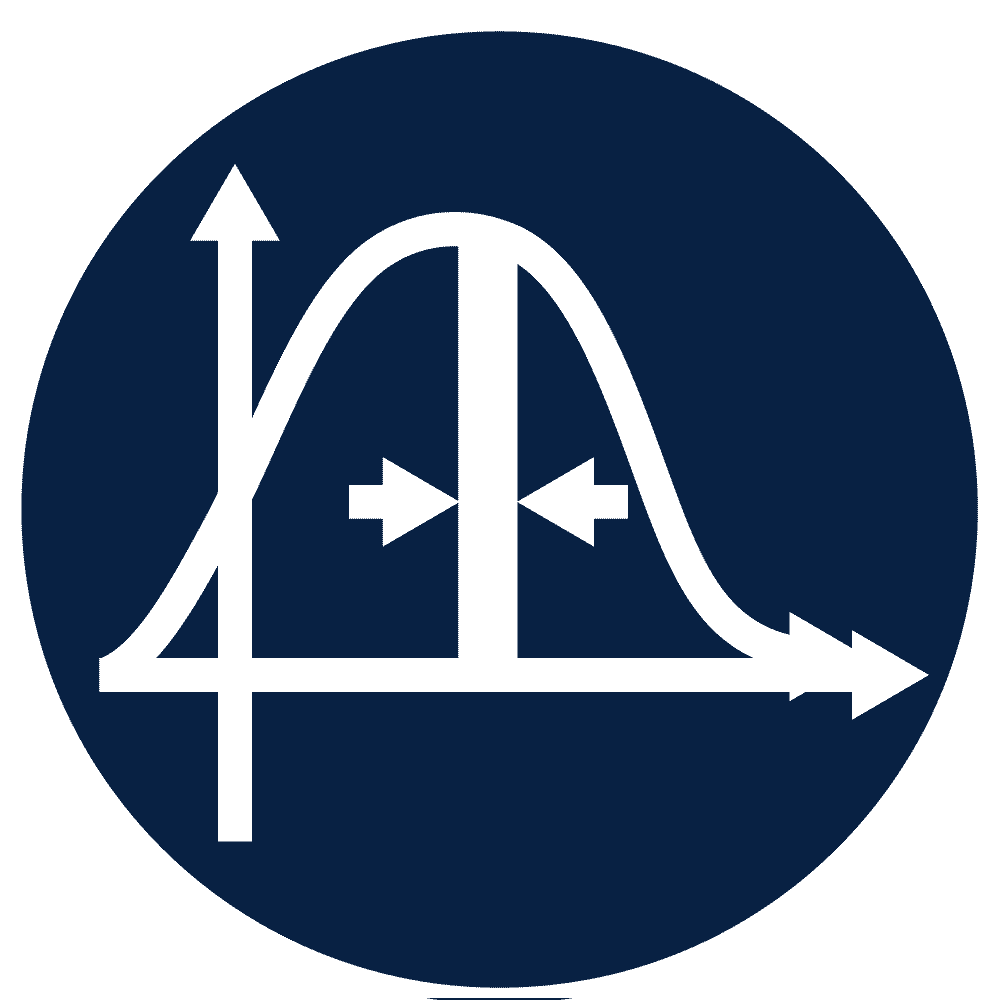
I learned a great deal about my co-workers by observing their reactions to the course material – an invaluable part of the course for me. I will also benefit from the templates and other example/reference material. Being able to use these tools or standard templates will also be highly beneficial.
Jane

Good structure in the course, supplemented by professional course material, presented by a presenter who knew what he was talking about.
Luke

Great material and the knowledge of the presenter. The course provided very valuable information that will be put to use immediately.
Kate
More Courses For You
Introduction to Requirements Analysis 1-Day
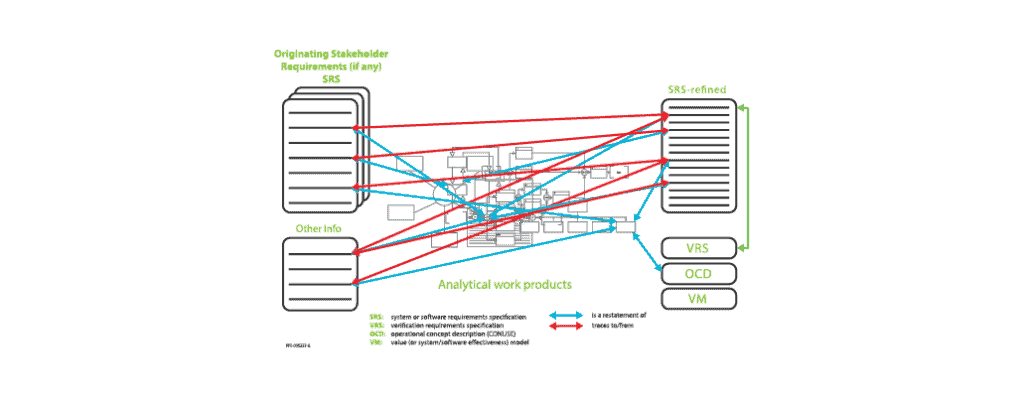
Effectively capture requirements
Preparing Great Requirements Specifications 1-Day
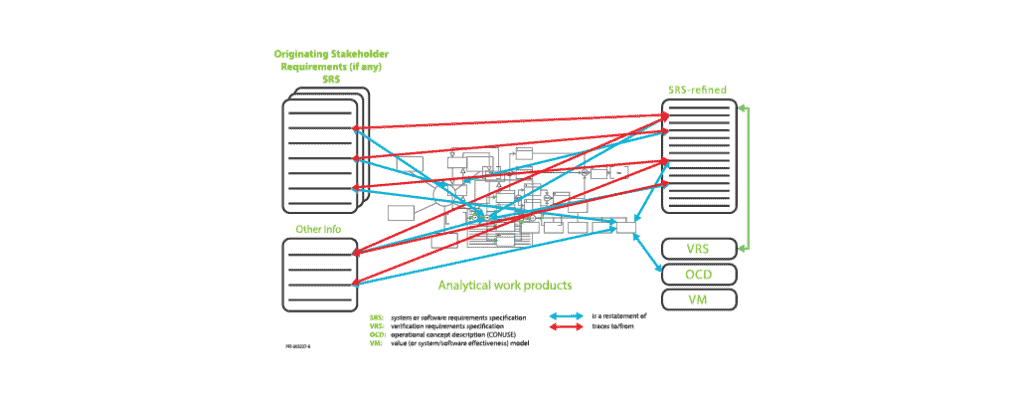
Learn structure & language
Requirements Analysis & Specification Writing 5-Day
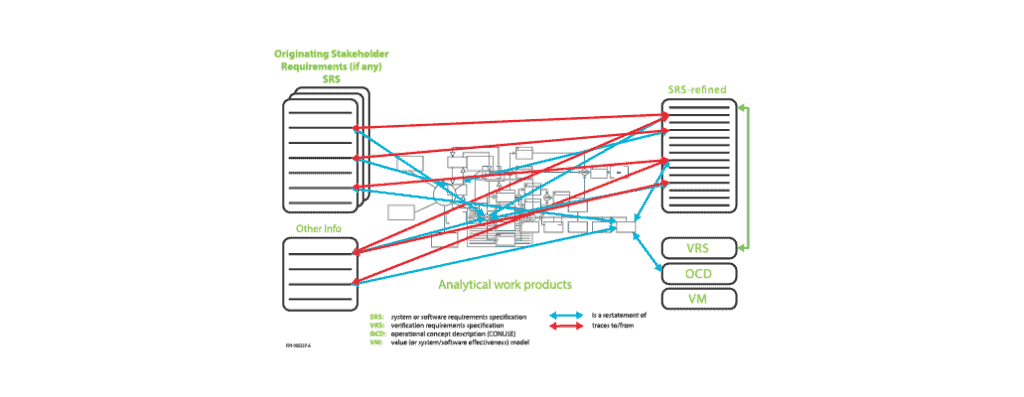
Avoid developing the wrong thing
Requirements Analysis 3-Day
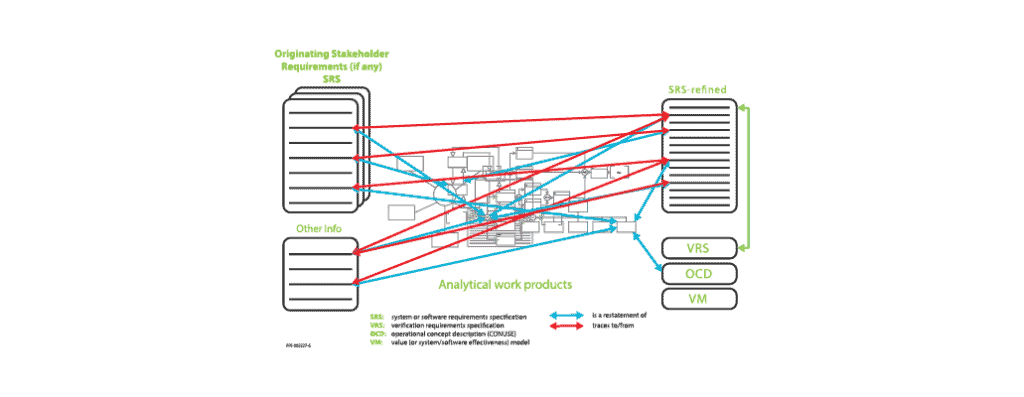
Effectively capture requirements
Requirements Analysis and Specification Writing Fundamentals 3-Day
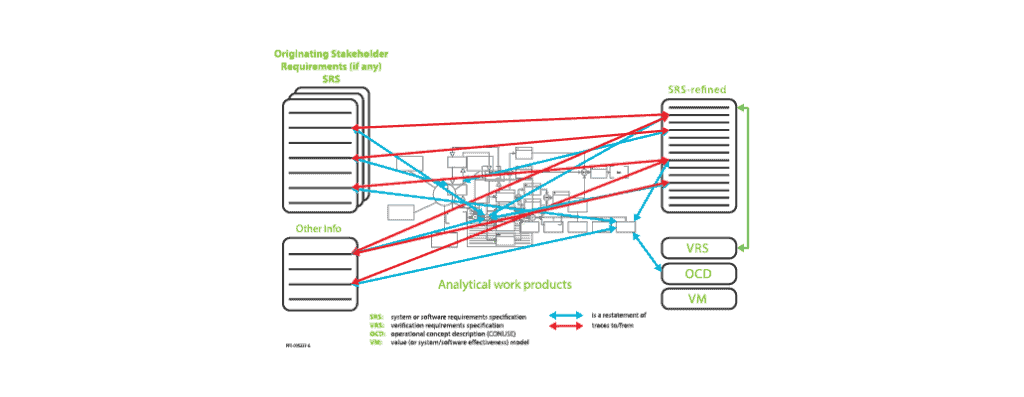
Capture, validate & specify
Requirements Engineering (English Second Language) 4-Day
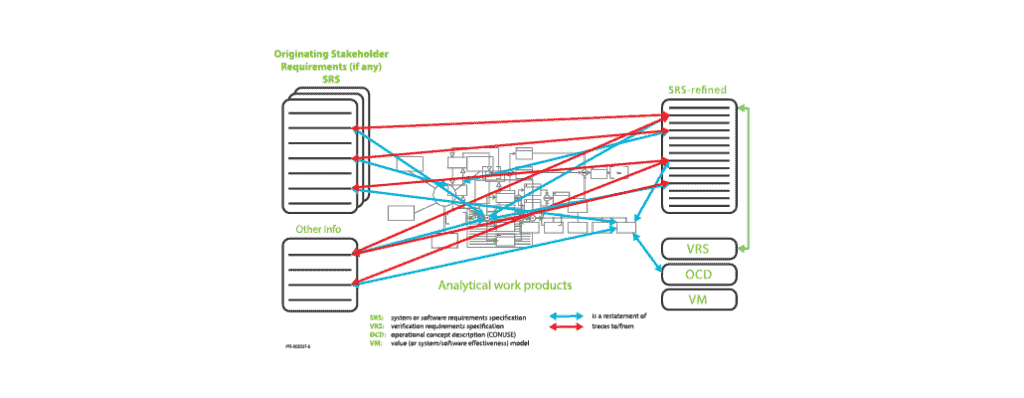
Avoid requirements problems
Requirements, OCD & CONOPS in Military Capability Development 5-Day
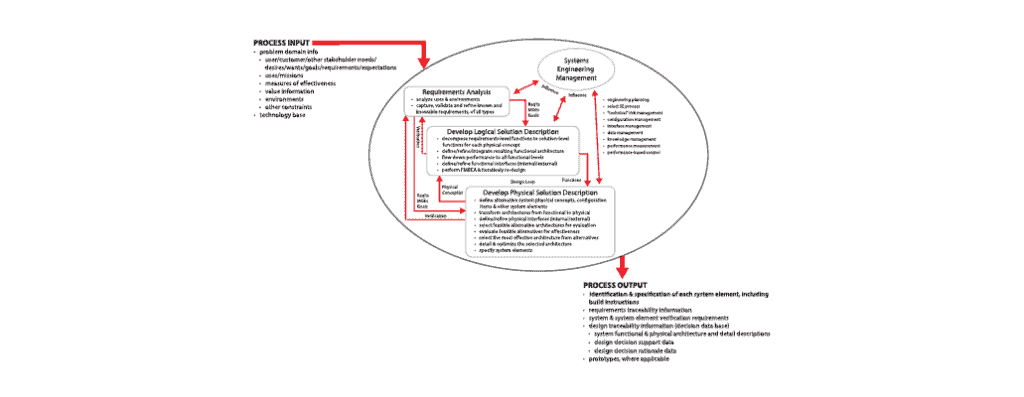
Develop capability successfully
Specification Writing 2-Day

Prepare great specifications
